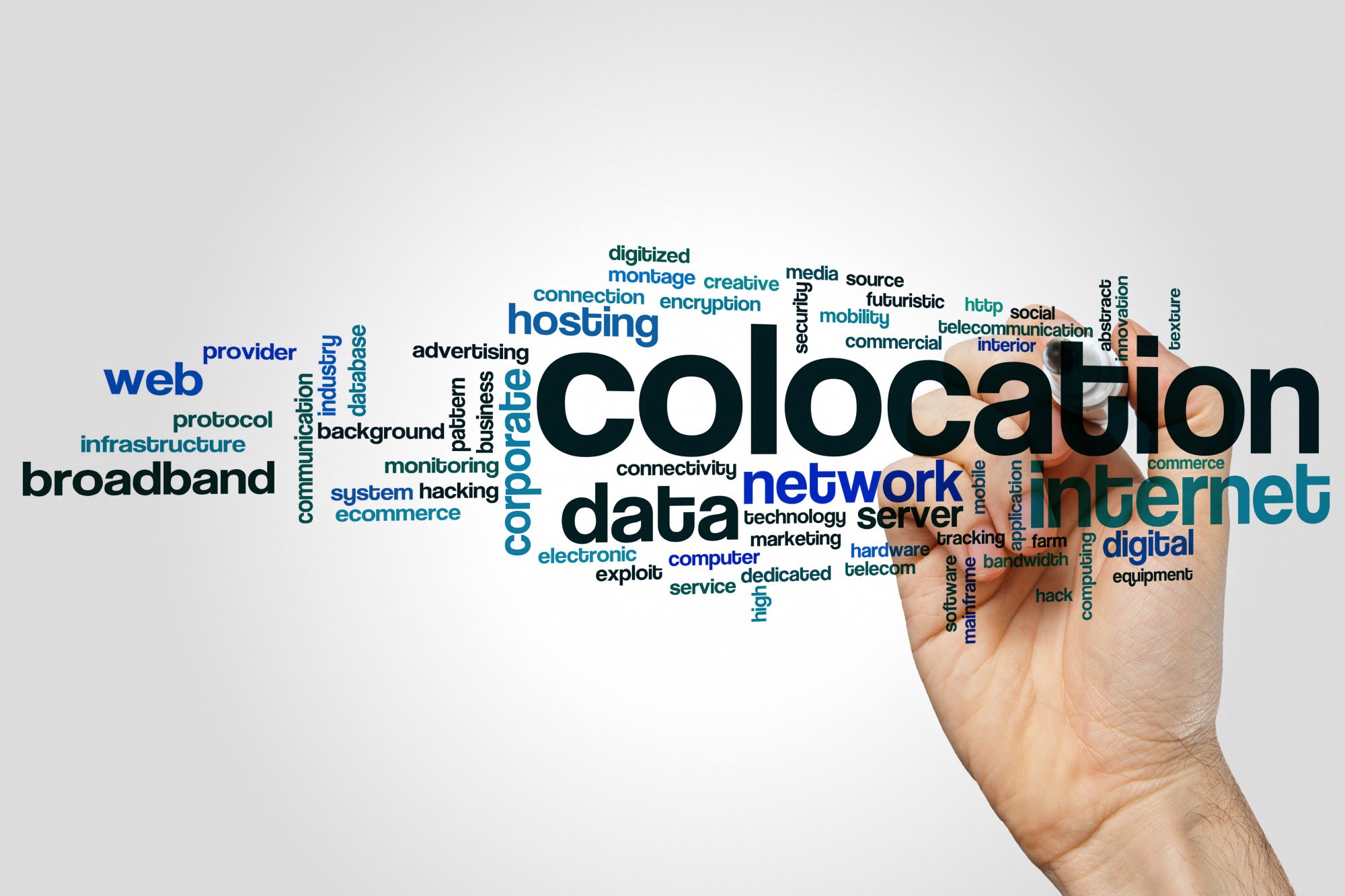
August 11th, 2020
Are you a small to medium-sized business that needs a data center? Have you considered using a colocation facility?
Colocation data centers offer many unique advantages over financing and maintain in-house servers. Keep reading to find out about the pros and cons of using this type of facility.
What Is Colocation?
Colocation data centers rent server space and other computing hardware to businesses. Colocation provides building space, power, bandwidth, cooling, and physical security. Customers provide physical servers and data storage.
Lease space options include racks, cages, rooms, or cabinets. When considering the use of a data center, there are several pros and cons to think about.
Pros
One big benefit for small businesses is that you don't have to build your own in-house data center. This may result in lower expenditures. You're able to save money by not paying for power, bandwidth, cooling, and physical security.
The colocation centers also serve as emergency backup centers. Today, most centers offer cloud services that protect data for disaster recovery purposes.
Companies that manage their own hosting may lack knowledge of required certifications. Companies must document the protection of personal data for HIPAA, PCI, Safe Harbor, CPPA, and GDPR. Colocation centers often have auditors to review certifications and compliance.
Cyberattacks have grown exponentially with the COVID-19 pandemic. Thus, maintaining secure systems is a greater challenge. Servers need routine installation security patches on their operating systems.
Colocation centers may have personnel who can verify the installation of patches. This requires your permission to access your system.
You can connect to your secure server anytime via a Remote Desktop. A Secure Shell (SSH) provides a secure connection. This describes a network protocol that's used over an unsecured network such as the internet.
You can access command-lines, logins, and execute remote commands. SSH ensures a secure environment.
The colocation facility staff provide 24-hour, 365-day service. You can feel confident that your systems remain updated and secure.
Cons
Initial start-up costs can be significant and cost more than choosing basic hosting. Remember, you must buy the hardware and software. It's also up to you to have an IT expert to maintain your server.
One downside is that your servers reside off-site. This means employees must travel if they need to physically work on the servers.
You may not have a colocation center located close to you. This can increase travel costs if the center is a significant distance from the business.
Colocation customers often sign a long-term contract. Your monthly cost may change based on fluctuations in bandwidth use. Make sure you review the contract for any hidden costs or fees.
General Take-Away
For small to medium-sized businesses, the pros of colocation outweigh the cons. You have access to more bandwidth than can often afford. You don't have to pay to build and maintain a data center.
If you have a colocation center close by and an IT-savvy employee, you can reap all the benefits. This can allow your company to run smoother with fewer expenses.
Are You Thinking About Using a Colocation Center?
This article described the pros and cons of colocation data centers. At Sectorlink, we provide the optimal dedicated server solutions. Our clients receive an affordable, secure location for their mission-critical web presence.
Sectorlink's facilities provide 24-hour, 365-day monitoring of your servers. Our "managed dedicated servers" means prompt technical support, answers, and solutions. Contact us today to ask questions and learn more about our services.
